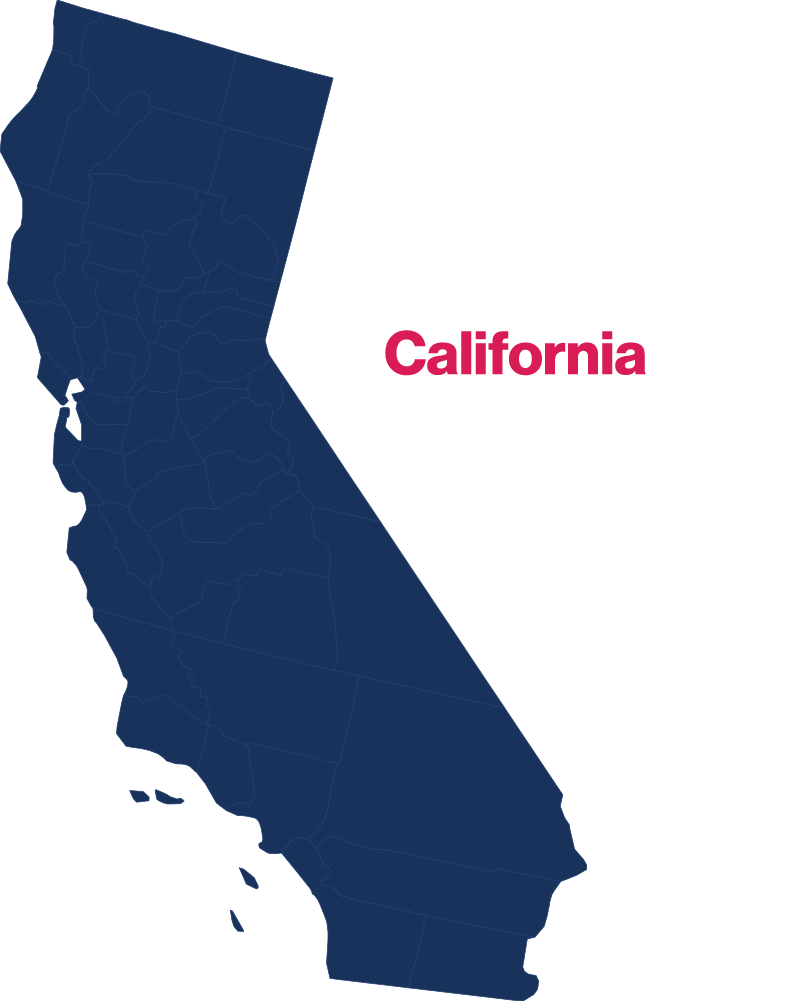
The CCPA allows residents of the state to control how businesses handle and process their personal data, giving them the ability to request access to, delete, or opt out of sharing or selling their information. Regulatory experts believe that becoming CCPA compliant will be the gold standard for data privacy within the United States. The CCPA sets the benchmark framework for data compliance in the US.
On November 3, 2020, California voters approved the California Privacy Rights Act (CPRA), the most comprehensive consumer data privacy law in the United States. Commonly referred to as the CCPA 2.0, the law amended the CCPA and expanded the rights of California residents when it came into force on January 1, 2023. The CPRA further enhances consumer privacy protection through robust obligations for companies and organizations collecting personal information.
Under these laws, individuals are allowed to take action against companies that fail to maintain compliance, holding businesses liable for up to $2,500 per individual violation or data breach. The CPRA grants the California Privacy Protection Agency (CPPA) authority to impose fines for noncompliance. The fine may be limited if the number of violations is low but losing customers’ trust can have a devastating impact on brand and shareholder value.
CCPA regulations extend to businesses operating in states outside California
CCPA and CPRA apply to any for-profit businesses that meet a certain threshold in size and revenue, and that collect or control California residents’ personal information or do business in the state. The act requires that organizations know exactly what PII data they have in their possession, where it resides and whether it is sufficiently secured.

Is your business CCPA compliant? Conduct a complimentary sample data analysis with Ground Labs to find out.
How Ground Labs can help you become CCPA compliant

Scan for over 300 different types of structured and unstructured data including pre-configured, CCPA-specific PII patterns

Demonstrate CCPA and CPRA compliance with custom reporting and analytics available in the Enterprise Recon dashboard

Accurately map data across networks, servers and platforms to keep tabs on PII and more easily respond to consumer requests

Easily build custom data types and search platforms to locate and remediate unique data types to address your organization’s unique CCPA and CPRA needs

Search within both structured and unstructured data sources including servers, on desktops, email and databases, on prem and in the cloud

Reduce the overall time and investment required to reach and uphold CCPA and CPRA compliance, even as regulations change

Search across the entire organization with support for Windows, macOS, Linux, FreeBSD, Solaris, HP-UX, IBM AIX and much more

Use CCPA compliance software as part of a proactive approach to data security and build a stronger foundation of trust within your organization
Ground Labs’ CCPA compliance software helps organizations discover and secure sensitive data
Understanding the proposed American Privacy Rights Act
On April 7, 2024, draft legislation for a new American Privacy Rights Act was unveiled. Learn more about the latest US federal privacy law.
How businesses can meet CCPA compliance
The California Consumer Privacy Act (CCPA) is a state statute intended to enhance California residents' privacy rights. Although CCPA was enforced on July 1, 2020, organizations are still struggling to comply with the legislation.
